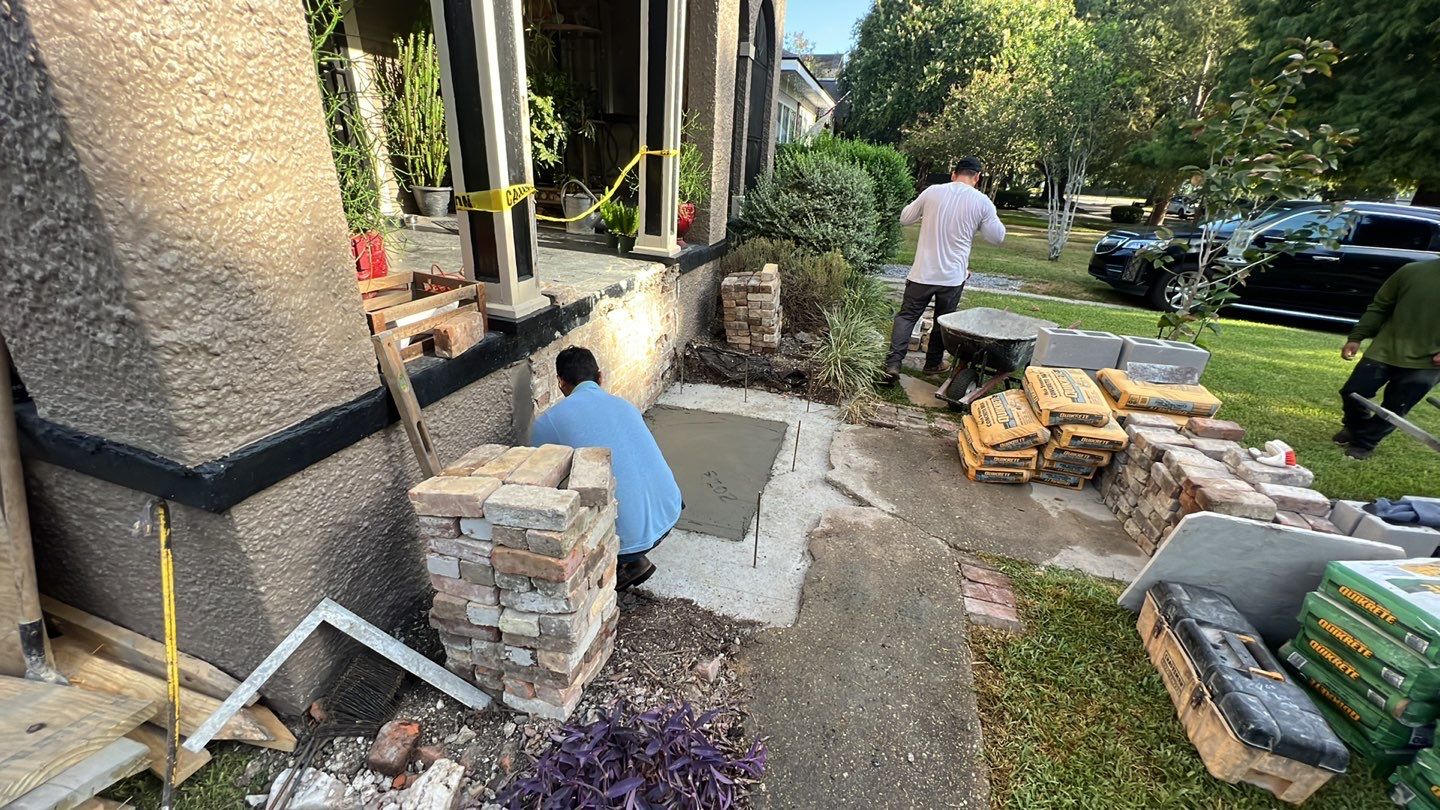Deep Trench vs. Wide Gravel French Drains: Pros and Cons
Introduction to Choosing the Right French Drain
Selecting the right French drain system is crucial for effective water management in your property. Deep trench and wide gravel French drains are two popular options, each with its own set of benefits and drawbacks. This comparison aims to provide clarity on which system best suits your needs.
Deep Trench French Drains
Pros of Deep Trench French Drains
- Effective in Deep Soil Layers: Deep trench drains are excellent for reaching deeper soil layers, making them ideal for areas with deep water tables or significant soil depth.
- Less Surface Disruption: Since these trenches are narrower, they cause less disruption to the landscape, maintaining the aesthetic of your garden or lawn.
- Targeted Water Diversion: They are particularly effective in targeting specific areas where water accumulates, offering a more focused approach to drainage.
Cons of Deep Trench French Drains
- Complex Installation: Their installation is more labor-intensive and may require professional machinery, making it more costly.
- Limited Surface Area Coverage: These drains may not be as effective in covering large surface areas prone to water logging.
- Potential for Clogging: If not properly installed or maintained, deep trenches can become clogged with soil and debris over time.
Wide Gravel French Drains
Pros of Wide Gravel French Drains
- Broad Area Coverage: Wide gravel drains cover a larger surface area, making them ideal for landscapes prone to widespread water accumulation.
- Improved Water Collection: The wide expanse of gravel facilitates better water collection and diversion.
- Flexibility in Installation: These systems can be installed at various depths and widths, offering more flexibility based on landscape requirements.
Cons of Wide Gravel French Drains
- Surface Disruption: The installation of wide gravel drains can be more disruptive to your property’s landscape.
- Higher Material Costs: More gravel and a wider perforated pipe increase the material costs.
- Maintenance Requirements: Regular maintenance is necessary to ensure the gravel does not get compacted or clogged with mud.
Conclusion Tailoring to Your Needs
The choice between deep trench and wide gravel French drains depends on your specific landscape, soil type, and water management needs. Consider the pros and cons of each system in the context of your property to make an informed decision.
References and Further Reading
- “Drainage Solutions for Landscapes” – Landscape Design Magazine
- “Understanding French Drain Variants” – Home Improvement Network
- “Soil and Water Management in Residential Properties” – Eco-Friendly Living Journal
Additional Insights: Expert Advice Matters
For the best results, consult with a drainage expert who can provide personalized advice based on an assessment of your property’s specific needs.
Embracing Efficient Water Management
Effective water management through the right type of French drain can significantly enhance the health of your landscape and protect the foundation of your home.

